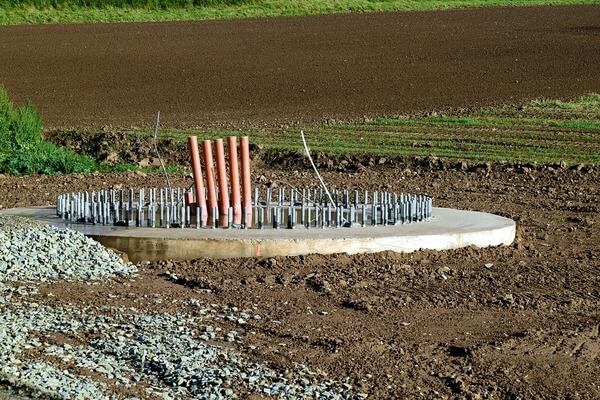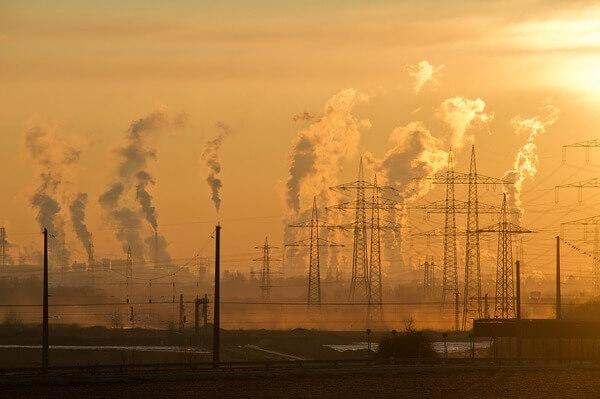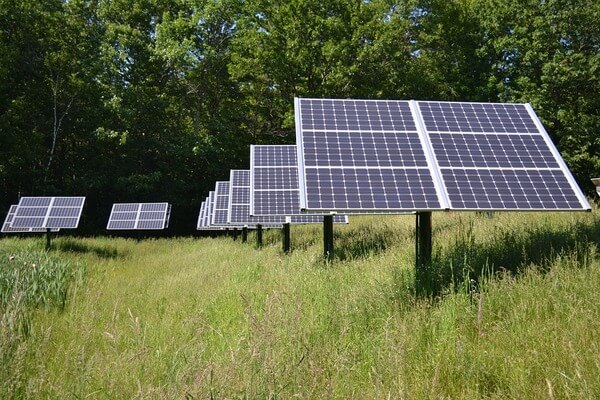News Release from windfair.net
Wind Industry Profile of
Like a Bull in a China Shop
758 renewable energy projects in the Canadian province of Ontario are to be cancelled. The new provincial government is thus keeping one of its central election promises. These measures are supposedly intended to reduce the costs of electricity and water, which is quite doubtful.
All cancelled projects have not yet reached a "milestone" and are still "in the early stages", explains Greg Rickford, the new Energy Minister in a statement. "We clearly promised we would cancel these unnecessary and wasteful energy projects as part of our plan to cut hydro rates by 12 per cent for families, farmers and small businesses."
This also includes the cancellation of a wpd Canada wind farm that is already under construction. Experts are alarmed and emphasize that the costs for the demolition of this project would be higher than simply completing the wind farm.
Other affected project developers are appalled and have announced remedial measures. After all, contracts have been signed for their projects and unilateral dismissal should be difficult even for the provincial government to push through in court. However, the procedures are causing significant delays in the implementation of climate protection targets - and the loss of investor confidence, as the Canadian Wind Energy Association CanWEA states.

Further construction would be cheaper...
Meanwhile, figures just published by the International Energy Agency IEA show how much influence restrictive or inconsistent political decisions have on investors: after several years of growth, investments in renewable energies, which accounted for two thirds of electricity generation expenditure, fell by a total of 7 percent in 2017. Recent political changes in China, where subsidies for solar systems are to be massively reduced, meanwhile further increase the risk of a slowdown in investment this year.
“Such a decline in global investment for renewables and energy efficiency combined is worrying,” said Dr. Fatih Birol, IEA’s Executive Director. “This could threaten the expansion of clean energy needed to meet energy security, climate and clean-air goals. While we would need this investment to go up rapidly, it is disappointing to find that it might be falling this year.”
And further measures could help to exacerbate the situation in the coming years. Scott Pruitt e.g., until recently head of the US Environmental Protection Agency (EPA), who has since resigned, had introduced a proposal that, if passed, would allow an EPA administrator to reject study results in making decisions about pollutants and other health risks if the underlying research data is not made public because of patient privacy concerns. At first sight, the privacy of patients involved is at stake, but environmental organisations suspect that research should be silenced if it does not act in the interests of the authorities.
“This has nothing to do with transparency,” Democratic representative Paul Tonko of New York said at the hearing in EPA headquarters, according to the Guardian. “It’s a thinly veiled campaign to limit research… that supports critical regulatory action.”

Air pollution? Fake News!
The attitude towards renewable energies has also been changing elsewhere. More and more of the Western industrialised countries have been modifying their support systems to tenders, such as Germany or the UK. With the prices for generating renewables as low as now a support through subsidies is no longer needed, say governments. Let the market regulate itself, as it does elsewhere.
Indeed, the prices for renewables have fallen significantly in recent years. Especially solar and wind have long since reached a level with fossil fuels, in some cases even lower in price. But the market system also has its disadvantages, as GreenBiz reports: The transition is bumpy in many countries.
Aggressive competition in tenders can lead to unrealistically low bids that cannot be implemented in specific projects - but this will only really become apparent in a few years' time, as the example of Germany shows: the citizen wind energy projects that dominated the first tender rounds have up to five years to implement their projects - longer than professional developers are allowed to do so. If there is no implementation, there is a gap that cannot be closed spontaneously. In the meantime, the slump in orders is affecting the supply chain and causing job losses. Competition is intensifying.

Solar and wind have long been at the same price level as fossil fuels
Meanwhile, initiatives by industrial companies such as Apple wanting to ensure that their suppliers in China focus more on renewables in the future, give hope. To this end, a fund was initially set up to invest 300 million dollars in projects in the field of renewables over the next four years.
Individual states are also pulling out of the consensus: Thus the Irish government has announced that in future it will no longer invest state fund money in fossil energy production projects. As money rules the world fossil energy producers must be cut off it to get rid of them in the long term.
- Author:
- Katrin Radtke
- Email:
- press@windfair.net
- Keywords:
- USA, UK, Germany, renewable energy, Canada, cancellation, wind farm, solar, fossil fuels


























